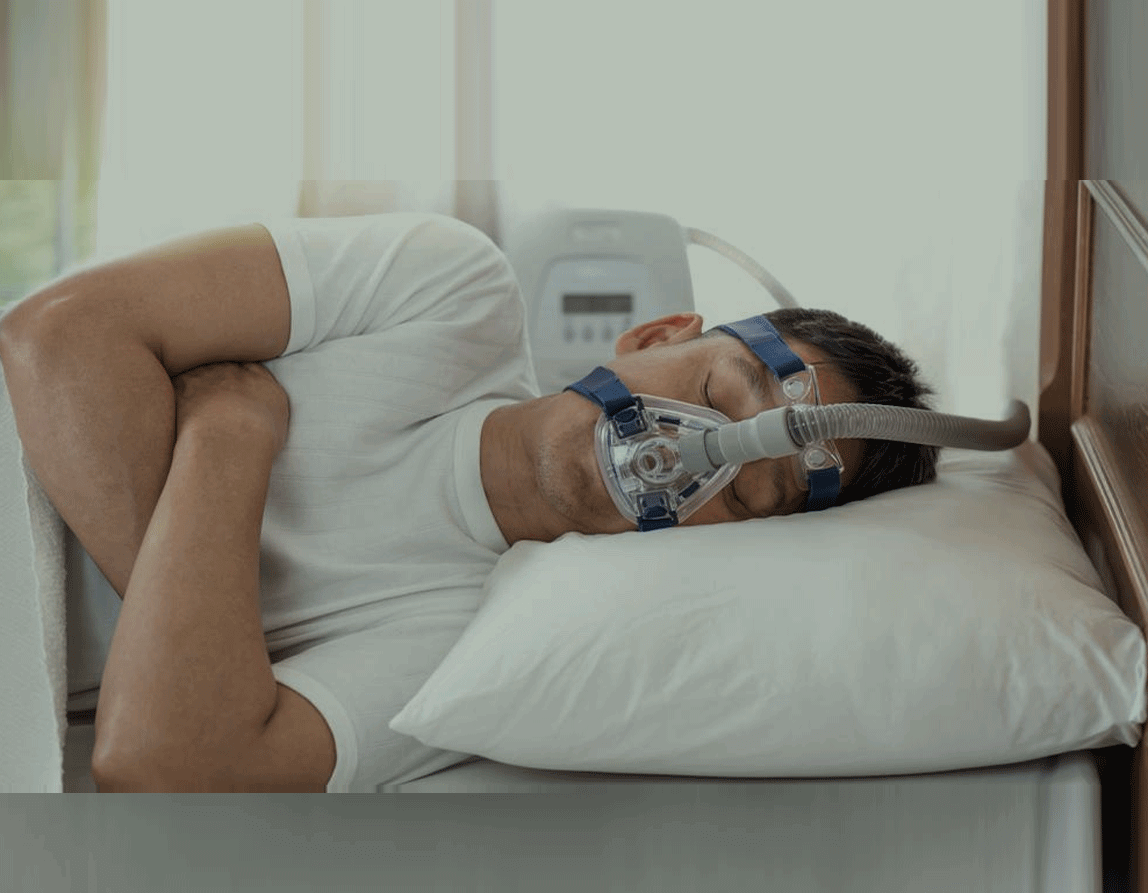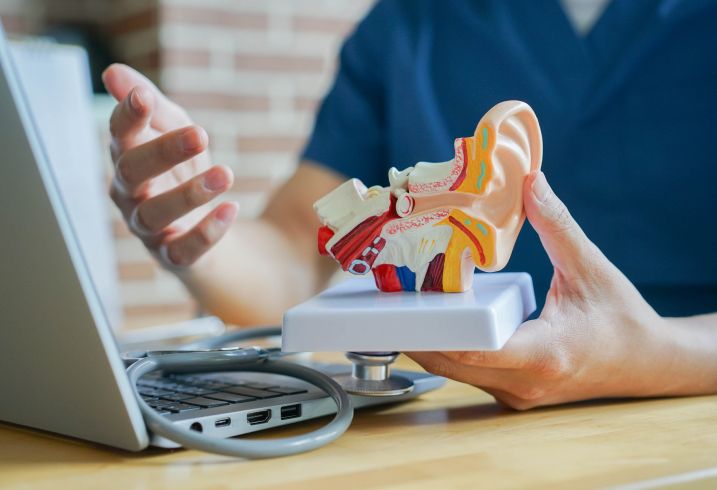Snoring And Obstructive Sleep Apnea

"Sleep is sweet to the labouring man" – John Bunyan
Snoring is not funny. It is not merely a social problem, although you may have heard stories about spouses using snoring as grounds for divorce! Depending on the severity, snoring may also lead to serious medical problems, such as upper airway resistance syndrome (UARS) and (worst of all) obstructive sleep apnea (OSA).
In the US alone, roughly 90 million adults are affected by snoring. Almost everybody snores now and then, but habitual snoring could be more than just a nuisance for your partner. It can lead to impaired sleep quality as a result of frequent sleep disruptions, and it can also be a sign of a more serious illness.
Though snoring can affect all ages and both genders, snoring tends to affect men and overweight people more frequently. It is also found to worsen with age, though lifestyle changes can help to alleviate it.
For habitual snorers, snoring surgeons may prescribe medical devices or even surgery to fix the problem at its root and allow them to regain a good night's sleep again.
What causes snoring?
There are many different causes for snoring, and treatment needs to be specific to the cause and the particular patient. The particular part of the airway that commonly causes snoring is full of various anatomical parts. There is the tongue, the tonsils, the soft palate, the uvula and surrounding throat tissue and muscles. Obstructed nasal airways, adenoids or deformities of the nose could be causing the problem. For maximum benefit, it is vital to determine exactly which part or parts are causing the snoring. A detailed analysis by an ENT Doctor is crucial.
Snoring is caused by narrowing or obstruction of the airway. For diagnosis, we divide the airway into three "levels": level I (the nose), level II (the back of the mouth) and level III (the throat).
Level I (the nose) may be obstructed by:
- Deviated nasal septum
- Enlarged turbinates
- Polyps
Level II (the back of the mouth) may be obstructed by:
- Enlarged soft palate and/or uvula
- Enlarged tonsils
- Excessive tissue on the pharyngeal walls (the walls of the mouth)
Level III (the throat) may be obstructed by:
- Excessive throat tissue
- Enlarged tongue
- Enlarged lingual tonsils
- Enlarged epiglottis
- Excessive fat around the neck, "strangulating" the throat (obesity)
Snoring may result from one or a combination of some of the above causes. Snoring can be a very complicated process!
In addition, snoring due to any one level of obstruction or narrowing will cause a negative pressure, during inspiration (breathing in), on the other airway levels. Over an average of 8 hours' sleep a night, this constant "sucking in" and "stretching" of the soft tissues of the other airway levels will worsen the collapse of the airway over time. This means that snoring (if not treated) usually worsens as the snorer ages. Treatment of the problem at one of the airway levels may help to relieve the "sucking in" pressure on the other two levels of airway.
What is Obstructive Sleep Apnoea (OSA)?
Obstructive sleep apnoea (OSA) is characterized by regular periods of slowed or stopped breathing at night. It occurs when the airway is intermittently blocked during sleep, resulting in pauses in breathing. It is a serious disorder that requires immediate medical intervention.
Consult a snoring doctor at the onset of these symptoms:
- Loud snoring that disrupts the sleeping of others
- Intermittent pauses breathing
- Choking or gasping in sleep
How is Sleep Apnoea Diagnosed?
To diagnose sleep apnoea, the doctor will conduct a physical evaluation as well as various tests to monitor breathing patterns and other bodily functions while the patient is asleep. Tests include a nocturnal polysomnography, where breathing patterns, oxygen levels, arm and leg movements, and heart, lung and brain activities are monitored while the patient sleeps. Portable monitoring equipment can be used, but the nocturnal polysomnography is preferred for a more precise reading.
Home sleep testing is also available. In this case, the doctor provides a testing kit that the patient can administer at home. Tests usually involve monitoring breathing patterns, airflow, heart rate and oxygen level. Sleep apnoea is often identified by a drop in oxygen while sleeping, and a rise in oxygen upon awakening.
Treatments for Sleep Apnoea
Lifestyle changes, such as weight loss and quitting alcohol, smoking and drugs, are strongly recommended by specialists to improve milder cases of sleep apnoea.
If the sleep apnoea is severe, however, other treatment options such as medical devices and surgery may be recommended. They include:
- Continuous Positive Airway Pressure (CPAP) – The most common sleep apnoea treatment, CPAP involves a mask, which will be worn over the patient's nose or mouth during sleep. The mask, which is attached to a machine, will help keep the airways open to regulate continuous airflow.
- Dental Devices – This is basically a custom-fit mouthpiece that keeps airways open by moving the lower jaw forward. This will allow the muscles at the back of the throat to relax, and keep the tongue from blocking airflow.
- Surgery – Surgery is required to correct sleep apnoea if the patient has enlarged tonsils, structural deformities, or a constricted throat caused by mandibular problems. The most common surgical procedures are:
- Nasal surgery – Corrects deformities in the nose area
- Mandibular maxillomandibular advancement surgery – Corrects facial problems and throat blockages
- Uvulopalatopharyngoplasty (UPPP) – Widens the airway at the throat by removing soft tissue from the palate and back of the throat
If left untreated, sleep apnoea can lead to more serious conditions like high blood pressure and other cardiovascular illnesses. It also affects the quality of life as a result of disrupted sleep and insufficient oxygen flow.
Snoring may be a relatively harmless thing, but if left unchecked or untreated, could worsen and lead to serious medical conditions and an impaired quality of life.
Dr Lau Chee Chong at Mount Elizabeth Medical Centre provides highly effective ENT treatments and diagnostic services for both adults and children to help them manage their sleep breathing disorders better. Call 6235 9535 to book an appointment today.
Our Singapore ENT clinic specialises in the end-to-end management of all ear, nose, and throat conditions while keeping the best ENT practices in mind.









